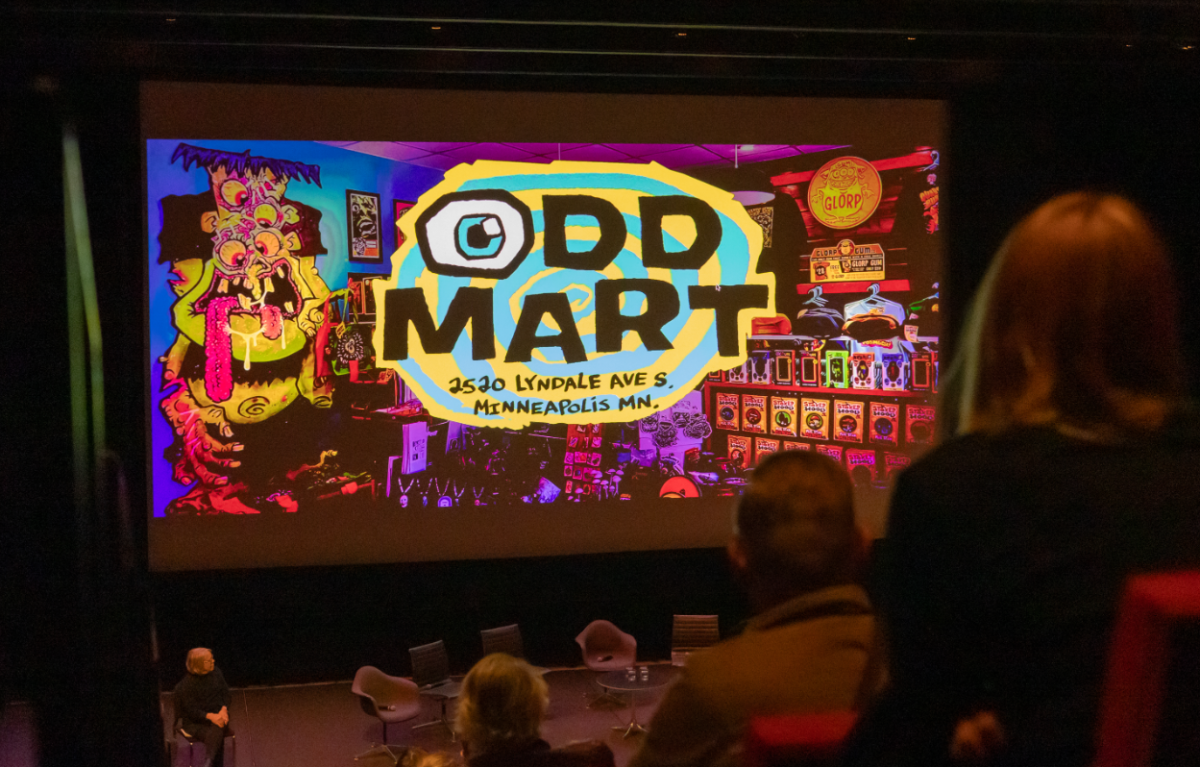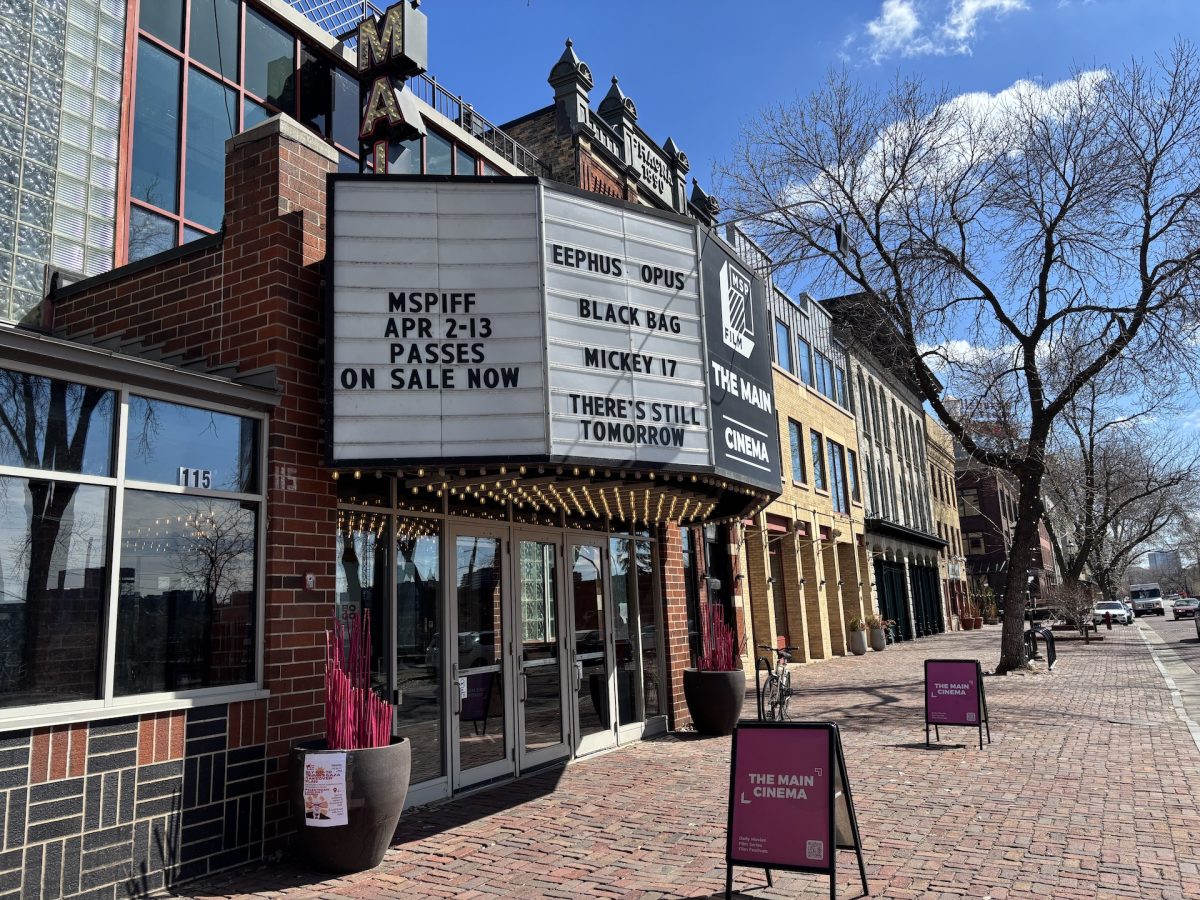Zombie movies just don’t get no respect. Largely dismissed by critics and filmgoers alike as sophomoric “B”-grade gore, the viewing public tragically often overlooks the delicious socio-politico subversive qualities of this woefully misunderstood, albeit blood-soaked, genre. “Dawn of the Dead” viciously parodied materialist consumerism, “White Zombie” was one of the first films to address Cuban slavery and “The Return of the Living Dead” snuck in a few well-placed jabs at our failed war on drugs. Although relatively thin on plot, “28 Days Later” happily continues in its illustrious forebearer’s dystopian footsteps with a surprisingly intelligent and sensitive treatise on misogyny and sexism cleverly disguised as yet another stupid horror schlock fest.
Inexplicably, an Ebola-esque monkey virus has been accidentally released from a nefarious British research center by well-meaning animal rights activists. Transmitted via blood or saliva, the virus apparently sends the infected victims into a near-permanent state of murderous rage complete with Olympic-finals-level speed. Per the title, the world is quickly overrun and the few souls unlucky enough to be immune are forced to pick up the pieces of civilization and make a last stand against their disease-ridden neighbors.
Our inauspicious hero, a greasy but cute Irish bike messenger named Jim, awakens from a coma and furtively wanders the deserted streets doing his best “Last Man on Earth” impression. Eventually, he tires of product placement shots and hooks up with fellow survivors Selena and Mark, who convince him that trying to find his parents is not such a great idea right now, what with the end of the world and all. “But there’s always a government,” insists Jim. They then stumble upon the mysterious Cockney-accented Hannah and her surprisingly chipper dad Frank, who say they know where to find clean water and other critical supplies. A crackly military radio broadcast invites the gang to a Manchester stockade, where an “answer” to the infection is promised. Jim and company pile into Frank’s taxicab and hit the road, but wouldn’t you know it, the worst is still to come.
Up-and-coming British composer John Murphy scores the gorgeous soundtrack, which features new material from Brian Eno. Murphy is perhaps best known for his pop-culture pastiche work on “Snatch” and “Lock, Stock and Two Smoking Barrels.” Masterfully weaving together everything from down-in-the-dumps indie rockers Granddaddy to “Ave Maria,” Murphy’s eclectic hybrid style perfectly complements director Danny Boyle’s frenetic camera workout and jarring ethics lessons.
As in earlier Boyle films such as “Shallow Grave” and “Trainspotting,” the film starts directly in the middle of the action, but in this case more for budgetary reasons than artistic effect. The Manchester-born director’s aforementioned debut work back in the early 1990s at one point seemingly could do no wrong. Unfortunately, later costly flops such as “The Beach” and “A Life Less Ordinary” severely hurt his stock with fickle Hollywood investors, which might have influenced his decision to pass on directing the fourth “Alien” movie. His return to form here can largely be credited to a no-name cast and literally hundreds of cheap mini-DV cameras. As with any self-respecting, post-apocalyptic nightmare, we largely have to imagine the events leading up to the apparently horrific disaster.
Although certainly not up to snuff with underappreciated celluloid classics such as “Night of the Living Dead,” which was arguably more about real-life racism than make-believe monsters, “28” pays appropriate homage to its numerous thought-provoking and gritty predecessors while advancing a startling progressive philosophical statement for our staid times amid a towering body count and forgettable dialogue. Brain food, indeed.
“28 Days Later” opens nationwide on June 27. The soundtrack is available from XL Recordings/The Beggars Group.
Nathan Hall welcomes comments at nhall@mndaily.com







